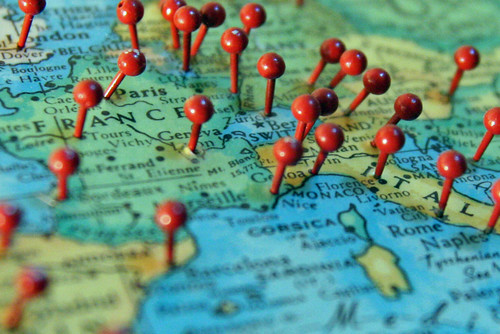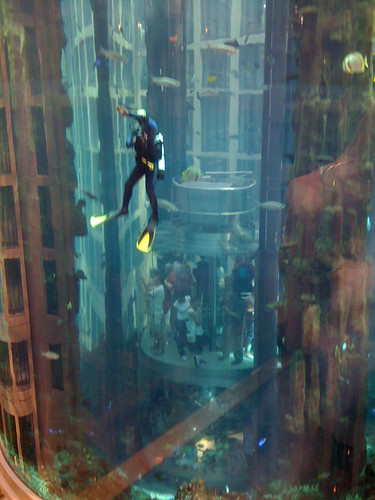Does Location Need Some PR Love?
In an interview with GoMo News earlier this year, I talked about "the Bay Area bubble", this is the mind-set found in Silicon Valley "where a lot of the products and services coming out seem to think your user will always have a smartphone, and will always have a GPS lock with an excellent data connection". But does the so called location industry live in its own version of the Bay Area Bubble? Let's call it the "location privacy bubble" for the sake of convenience.
Last week an article entitled "Can you digital photos reveal where you live?" was posted on the Big Brother Watch blog; pop over there and read it for a moment, it's only three paragraphs long ...




